Neuroscience
-
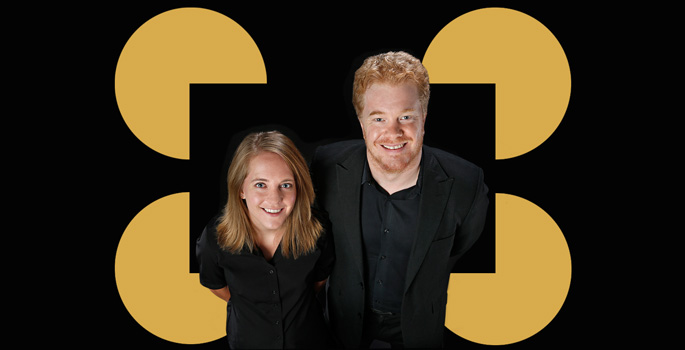
Finding the place where the brain creates illusory shapes and surfaces
Neuroscientists have identified the location in the brain's visual cortex responsible for generating a common perceptual illusion: seeing shapes and surfaces that don't really exist when viewing a fragmented background. Read MoreSep 30, 2013
-
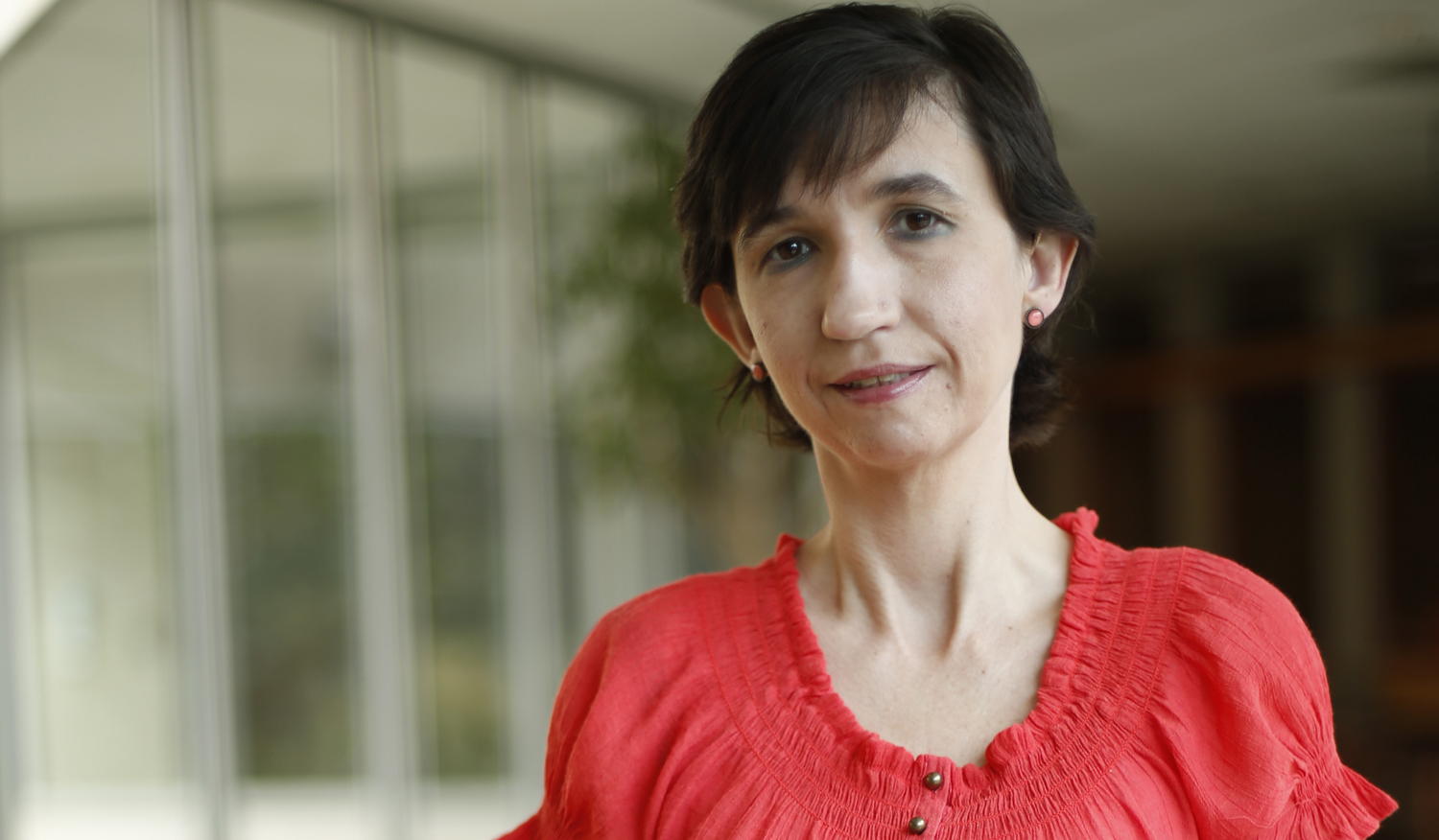
Cervical dystonia patients find answers, treatment at VUMC
Tammy Frazier has battled cervical dystonia for seven years. (Photo by John Russell) Seven years ago Tammy Frazier noticed an odd tremor in her neck. It wasn’t painful but was very noticeable, with her head almost constantly shaking back and forth. Her primary care provider referred… Read MoreSep 5, 2013
-
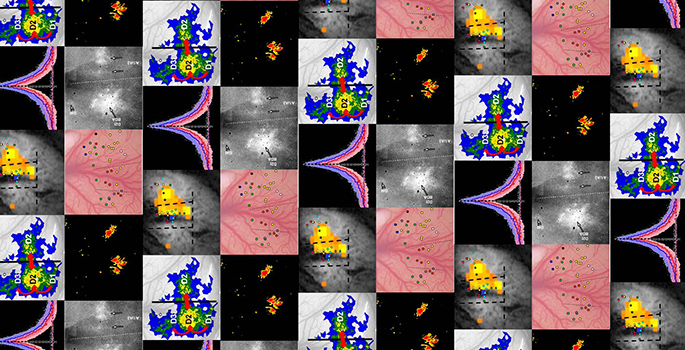
Validating maps of the brain’s resting state
A team of Vanderbilt researchers has provided important validation of maps of the brain at rest that may offer insights into changes in the brain that occur in neurological and psychiatric diseases. Read MoreJun 19, 2013
-

Mad as a Hatter: Global efforts to reduce mercury emissions
Last month representatives of more than 140 countries agreed to the terms of a treaty called the Minamata Convention that would ban many uses of mercury by 2020. But the efforts do not go far enough, says Vanderbilt pharmacologist Michael Aschner. Read MoreFeb 18, 2013
-
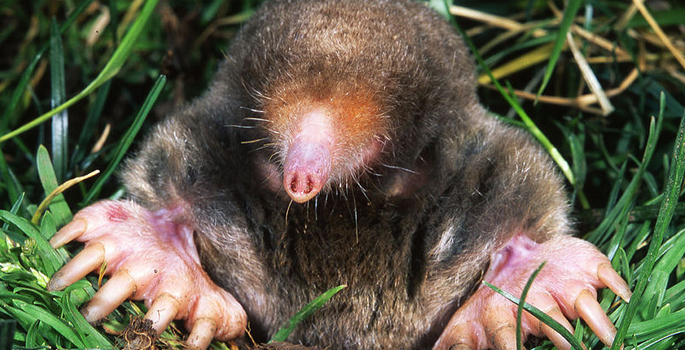
Evidence moles can smell in stereo
Neuroscientist Kenneth Catania has resolved a long-standing scientific debate by showing that the common mole can smell in stereo. Read MoreFeb 5, 2013
-
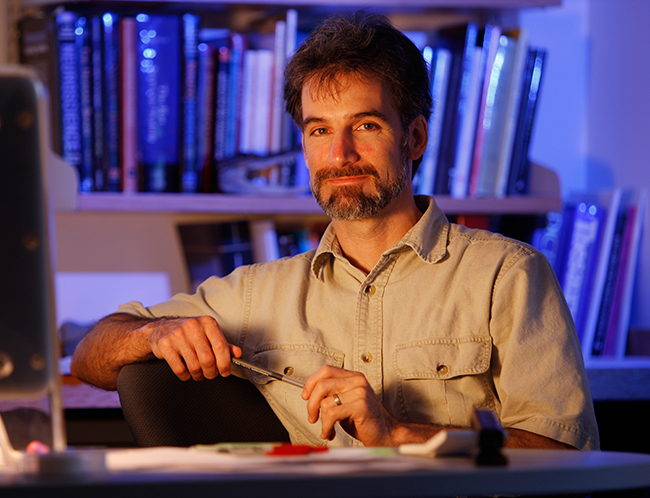
Vanderbilt neuroscientist honored by National Academy of Sciences
Kenneth Catania, Stevenson Professor of Biological Sciences at Vanderbilt University, is one of 18 scientists who have been honored by the National Academy of Sciences for their outstanding scientific achievements in a wide range of fields spanning the physical, biological and social sciences. Read MoreJan 17, 2013
-

Stanford’s Südhof to discuss how brain relays information
Noted neuroscientist Thomas Südhof, M.D., will deliver the next Flexner Discovery Lecture on Thursday, Dec. 13. Read MoreDec 6, 2012
-

Despite their thick skins, alligators and crocodiles are surprisingly touchy
Researchers have discovered that alligators and crocodiles possess one of the most acute senses of touch in the animal kingdom. Read MoreNov 8, 2012
-

Brain study provides new insight into why haste makes waste
A new study demonstrates how the brain follows Ben Franklin’s famous dictum, “Take time for all things: great haste makes great waste.” Read MoreNov 7, 2012
-
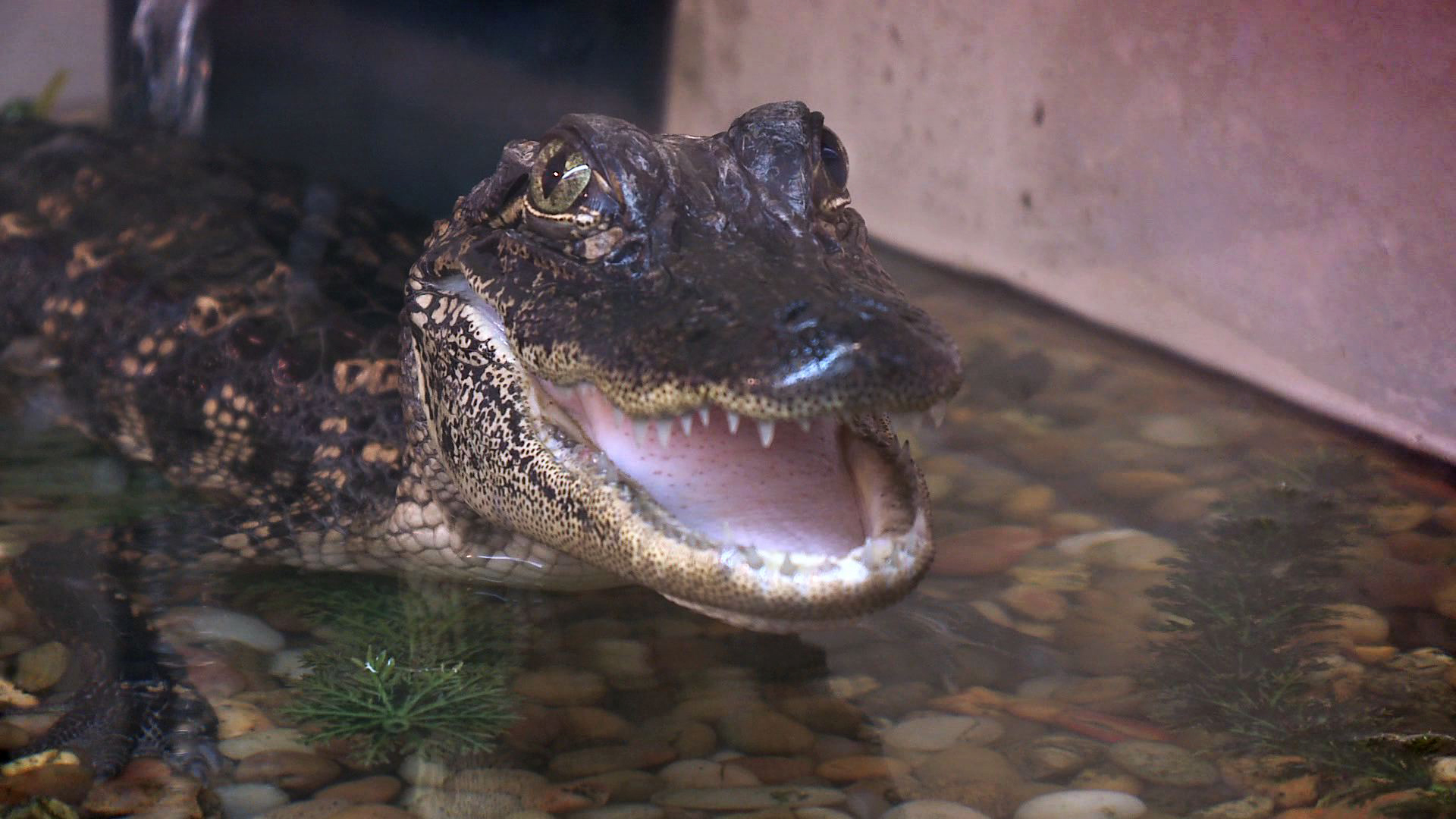
VUCast: Gators Give Researchers Clues
This Week on VUCast, Vanderbilt’s online newscast: What these “sensitive” alligators have in common with humans. Brainy bugs! Why ants are smarter than the average bug. And a worldwide “girl power” movement comes to Vanderbilt. Read MoreSep 28, 2012
-

Sex matters: Guys recognize cars and women recognize birds best
Women are better than men at recognizing living things and men are better than women at recognizing vehicles: That is the unanticipated result of an analysis of data from a series of visual recognition tasks collected by Vanderbilt psychologists. Read MoreSep 17, 2012
-

Targeting new pathways to ease pain
The spinal cord’s neuropeptide Y signaling pathway may be a good target for new pain therapeutics. Read MoreAug 30, 2012
-
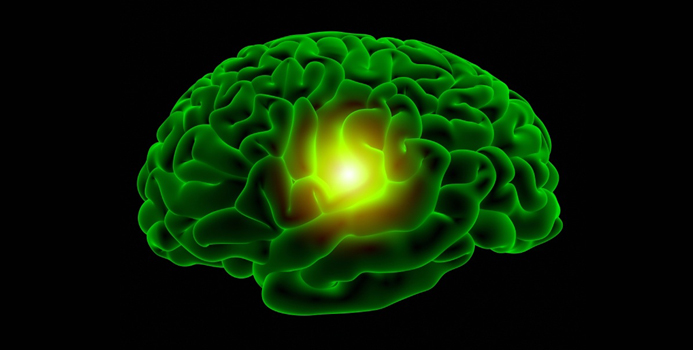
Roots of childhood brain tumors
Cells in the back of the developing brain can give rise to brain tumors, suggesting they may be a target for treatment. Read MoreJun 14, 2012
-

Vision study changes how we see the brain
Vanderbilt researchers have discovered that the pulvinar, a mysterious structure buried in the center of our brains, determines how we see the world — and whether we see at all. Read MoreMay 10, 2012
-

Dopamine impacts your willingness to work
A new brain imaging study that has found an individual’s willingness to work hard to earn money is strongly influenced by the chemistry in three specific areas of the brain. Read MoreMay 1, 2012
-

Crime and punishment: the neurobiological roots of modern justice
Neuroscientists from Vanderbilt and Harvard have proposed the first neurobiological model for third-party punishment, outlining potential cognitive and brain processes that evolutionary pressures could have re-purposed to make this behavior possible. Read MoreApr 18, 2012
-

Breakdown of white-matter pathways affects decisionmaking as we age
A brain-mapping study has found that people's ability to make decisions in novel situations decreases with age and is associated with a reduction in the integrity of two specific white-matter pathways. Read MoreApr 11, 2012
-

Minds wide open: Neuroscience at Vanderbilt
Vanderbilt University has emerged as one of the nation’s leading academic centers in neuroscience. Read MoreApr 6, 2012
-

Study reveals effects of different teaching styles on learning new words
A new study on novel word learning uncovered clues on reading and plasticity in the brain that could determine interventions for children who struggle with reading. Read MoreApr 4, 2012
-

Mouse model for autism yields clues to a 50-year-old mystery
A genetic variation that causes early disruptions in serotonin signaling in the brain may contribute to autism spectrum disorder and other enduring effects on behavior. Read MoreMar 20, 2012